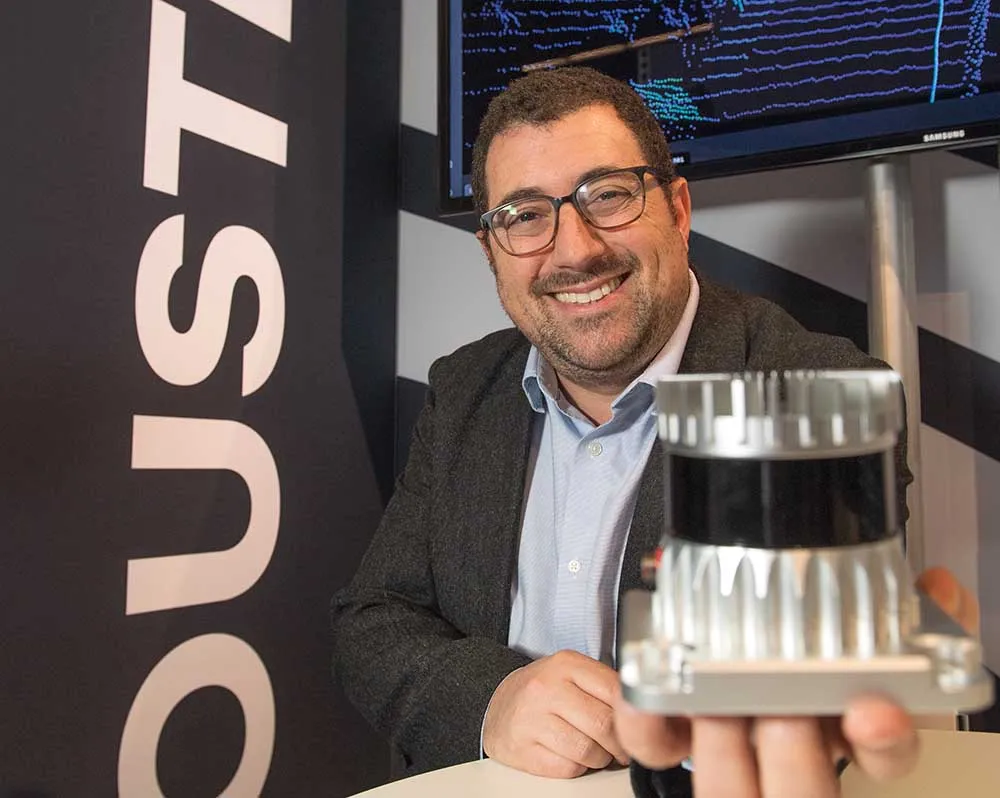The
Spatial is a Cincinnati-based company that provides a dynamic, human-driven layer of social intelligence to create mapping and navigation. Chicago-based HAAS Alert is a connected notification platform that warns motorists when emergency vehicles are approaching, while Cargo, a New York-based in-vehicle general store, helps ride-share drivers cater to passengers.
Techstars Mobility, a Ford-sponsored initiative now in its second year, was designed to further the automaker’s mission to enhance next-generation mobility solutions while helping start-up companies get their footing in business.
The three companies will continue working with Ford to advance the automaker’s mission to enhance smart mobility. Spatial blends human-driven data such as social media content with machine-assisted analysis to impact how people use maps.
HAAS Alert aims to create intelligent traffic solutions by providing emergency vehicle data to drivers. The Ford-supported pilot program is launching in metro Detroit.
Cargo endeavours to enhance the ride-share experience for both drivers and passengers. Cargo kits, sent directly to ride-share drivers who purchase them, are stocked with products on-the-go passengers commonly want, such as snacks.
“The possibilities are endless when you combine the experience and influence of a storied company like Ford with the energy and innovation of these inspiring start-ups,” said Bill Coughlin, president and CEO, Ford Global Technologies. “This year’s Techstars Mobility program has truly exemplified that, and we’re thrilled to continue working with Spatial, HAAS Alert and Cargo.”
Ford teams up with Techstars Mobility start-ups
The Ford Motor Company is to collaborate with three 2016 Techstars Mobility start-ups, Spatial, HAAS Alert and Cargo, to pursue next-generation mobility solutions, including navigation, connectivity and ride-sharing initiatives. Spatial is a Cincinnati-based company that provides a dynamic, human-driven layer of social intelligence to create mapping and navigation. Chicago-based HAAS Alert is a connected notification platform that warns motorists when emergency vehicles are approaching, while Cargo, a New Y
September 9, 2016
Read time: 2 mins








